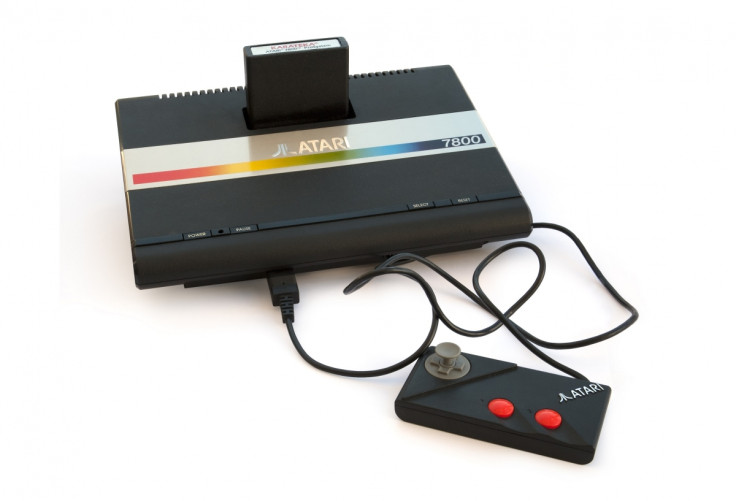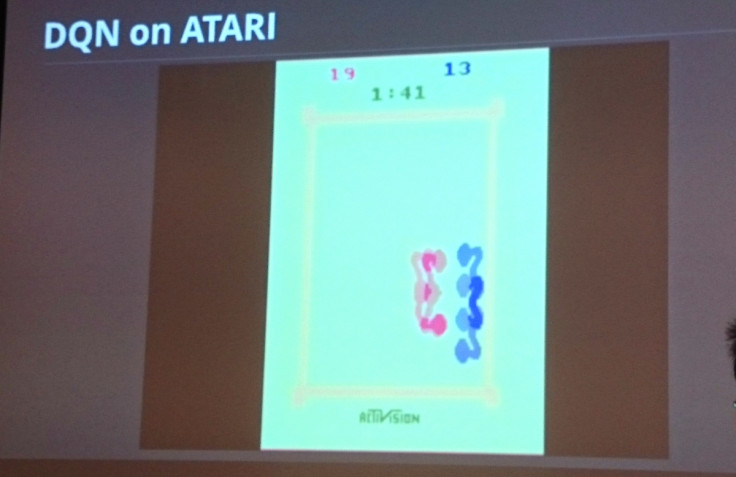Google DeepMind artificial intelligence can beat humans at 31 video games but can't master Pac-Man

Google-owned artificial intelligence start-up DeepMind has revealed that its deep learning software is now able to outperform humans in 31 different video games. The algorithm, which uses reinforcement learning to master the games, has been described as the "first significant rung of the ladder" towards proving such a system can work, and a significant step towards use in real-world applications.
Speaking at the Re.Work Deep Learning Summit in London on Thursday (24 September), DeepMind research scientist Koray Kavukcuoglu described how the same algorithm could be used to master dozens of different games. Without having the games' rules programmed into its software, the AI was able to improve by analysing the pixels on the screen and learning which patterns produce the optimum score.

Games that the AI algorithm has mastered include the classic arcade game Pong, and Atari titles like Bank Heist, Enduro, River Raid and Battlezone. Kavukcuoglu revealed that there are still games that the AI struggles with, such as Pac-Man, due to two main issues with the algorithm.
"Firstly, there is the issue of prior information," Kavukcuoglu said. "For example, having a key but not being pre-programmed with the knowledge that a key is meant for a door. The second problem is that of long-term dependencies. If the reward doesn't come for 10 minutes or so, it is difficult for the algorithm to discover what the goal is."
DeepMind was acquired by Google in 2014 for a reported sum of £300m ($457m), though the firm has remained relatively quiet over what the advanced AI technology will be used for in the future. It was revealed earlier this year that the tech giant was using DeepMind's research to improve search engine algorithms on Google-owned platforms such as YouTube, however some academics have speculated that it could be used on Google's vast data sets to serve up targeted ads to users of its products like Gmail and Android.
"You can use reinforcement learning methods to improve ad quality," said Jürgen Schmidhuber from the Dalle Molle Institute for Artificial Intelligence Research in Manno, Switzerland. "You learn to place ads that are more likely to be clicked on, which means higher rewards. This is presumably one of their motivations."
© Copyright IBTimes 2025. All rights reserved.






















